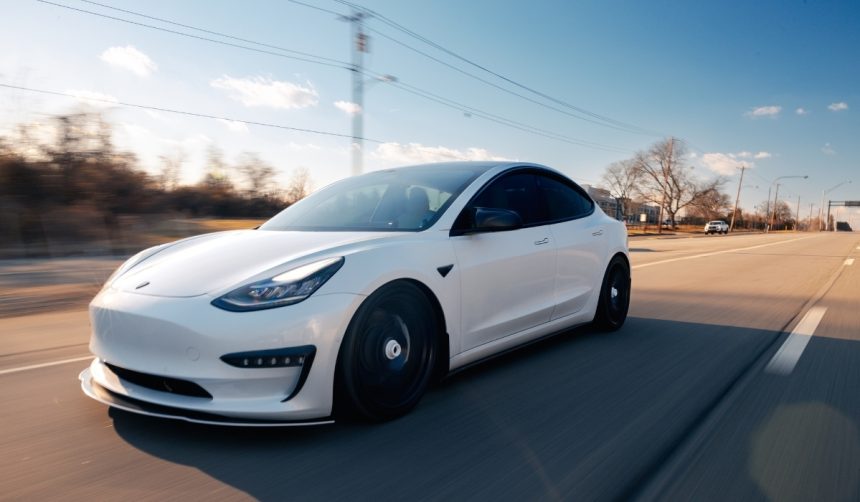Tesla is addressing a recall for its Cybertruck, raising questions about the production ramp-up of the electric pickup. The morning’s announcement details the scope of the issue and its impact on Tesla’s overall delivery figures. This development comes as Tesla continues to balance the introduction of new models with declining sales in older ones.
The current recall affects a significant number of Cybertrucks, reflecting Tesla’s increasing production capabilities. Compared to previous recalls, the scale and timing suggest a strengthened manufacturing process, even as some models face reduced demand.
Cybertruck Recall Details
The Cybertruck is being recalled due to a delayed rearview image issue, which Tesla intends to fix through an over-the-air update. The recall impacts approximately 27,185 units, indicating the current production volume.
“The delayed rearview image in the Cybertruck will be corrected through an over-the-air update,” a Tesla spokesperson confirmed.
Impact on Production Numbers
Since the last recall in June affected 11,688 Cybertrucks, an estimated 15,497 additional units have been delivered to customers. This surge suggests Tesla is successfully scaling its Cybertruck production, delivering roughly 130 vehicles daily. Despite the recall, the continued delivery rate demonstrates Tesla’s commitment to expanding its electric truck market presence.
Future of Model S and Model X
Deliveries of the Model S and Model X have declined, with less than 10,000 units expected for the current quarter. Elon Musk previously remarked that these models are “continuing to make them more for sentimental reasons than anything else.”
“We’re continuing to make them more for sentimental reasons than anything else,” Elon Musk stated, emphasizing their minimal role in Tesla’s future strategy.
Their reduced presence in the lineup indicates a strategic shift towards more popular models and upcoming vehicle platforms.
Tesla appears to prioritize the Cybertruck, Model 3, and Model Y in its production strategy, while maintaining limited output of Model S and Model X for dedicated customers. The recall highlights the challenges of large-scale production and the necessity for continuous monitoring of vehicle performance. Potential buyers should stay updated on recall resolutions and monitor Tesla’s evolving product offerings as the company navigates its growth trajectory.










